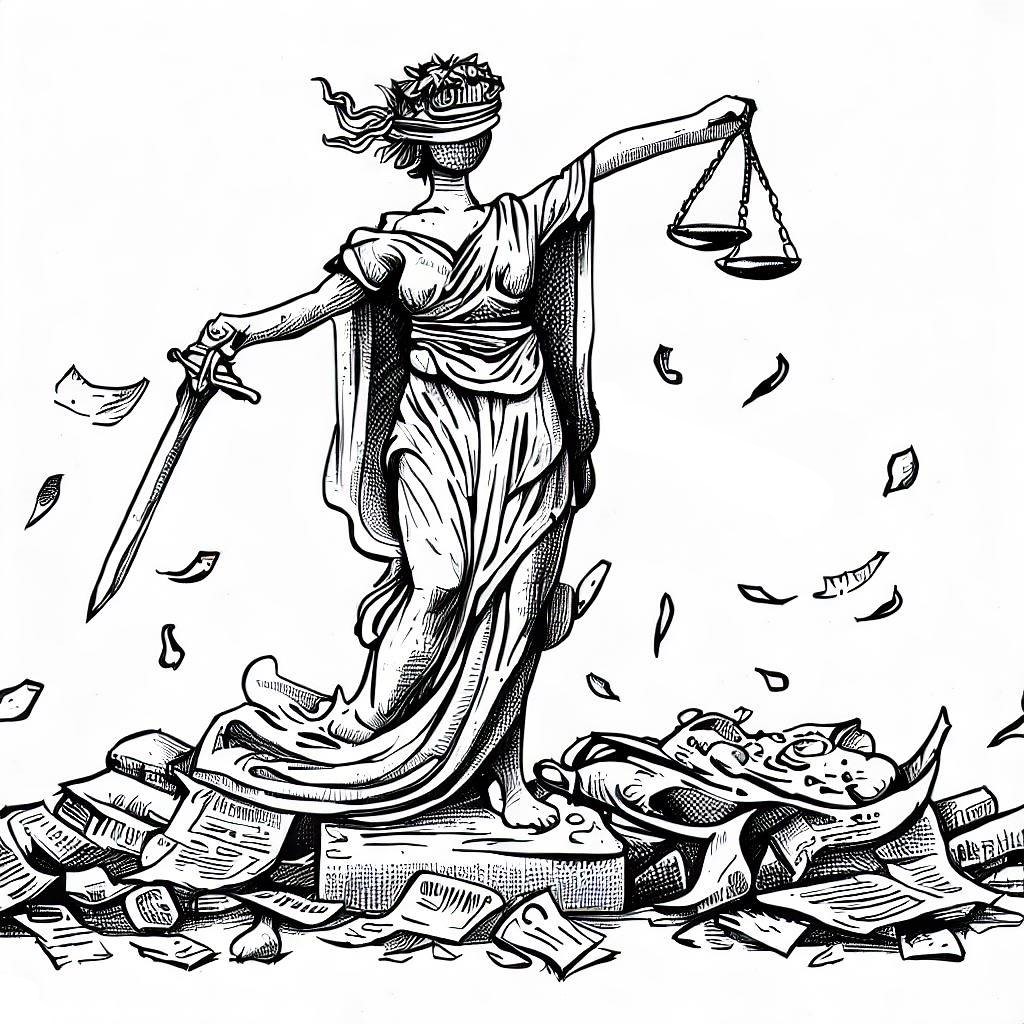Police give misleading or false testimony under oath with such regularity that police testimony in court is often referred to as “testilying.” I previously mentioned this happening in my own case. I have direct experience with another egregious case.

After police served search warrants on my residential property following the murder of a neighbor, my father-in-law who is a business attorney suggested I retain a criminal defense lawyer, largely to act as a bulwark against police abuse. A year later that lawyer was going to trial on a DUI case that depended on a police officer’s testimony that he saw a man driving a car, when in fact it was his wife driving the car and he was at home. The lawyer asked if, given my bona fides in mathematics, I could serve as an expert witness to rebut the cop’s story. I said, “Well send me what you have and I’ll take a look.” Sure enough, I concluded that the cop’s claims were absurd: He said that he was stopped in a parking lot observing an intersection, when a car sped through a stop sign. (The driver was the woman, who was speeding home in a panic because she thought she was having a miscarriage and wanted her husband to drive her to the hospital. The husband was drunk but at home with some friends.) The cop claimed that he was able to catch up to the car close enough to see its occupants before the car had pulled into its driveway a mile and a half down the winding road. Based on the time, distance, acceleration capabilities, and alleged speeds of each vehicle this just did not add up. The reality is that by the time he caught up to the car the wife had stepped out and he could only see the husband and wife next to the open driver-side door of the car.
I prepared my analysis for court, and went to the trial. On the first day, the cop took the stand and lied blatantly. At the end of the day the defense announced its witnesses, which included the husband’s friends who were ready to testify that he was at home. The judge then declared a mistrial because those would be “alibi” witnesses and the prosecutor hadn’t been given enough notice to prepare to attack their credibility. Months later, before the retrial, another lawyer picked up the case and subpoenaed cell phone tower records that showed the husband’s phone at home during the time the wife was driving, and that finally got the prosecutor to drop the charges.
Why did the cop lie in this case? Why didn’t the state investigate or prosecute the cop for lying? The cost to this family was enormous: They were blue-collar workers barely scraping by, and they had incurred more than $5,000 in legal fees. They had to wait over a year for the first trial, during which one of the conditions of the husband’s bail was electronic monitoring (via ankle bracelet), which meant he could only be at a home or at a work location, and he had to pay $15/day for the privilege of being able to work instead of sitting in county jail.
(The bail system in this country also warrants improvement. For example: Why should people who have been charged but not convicted of a crime have to pay the state to remain able to work, when the alternative is to sit in jail unproductively at the state’s expense? Particularly when it is the state’s inefficient administration of its “justice” system that determines how long they will wait for a trial that can exonerate them.)


